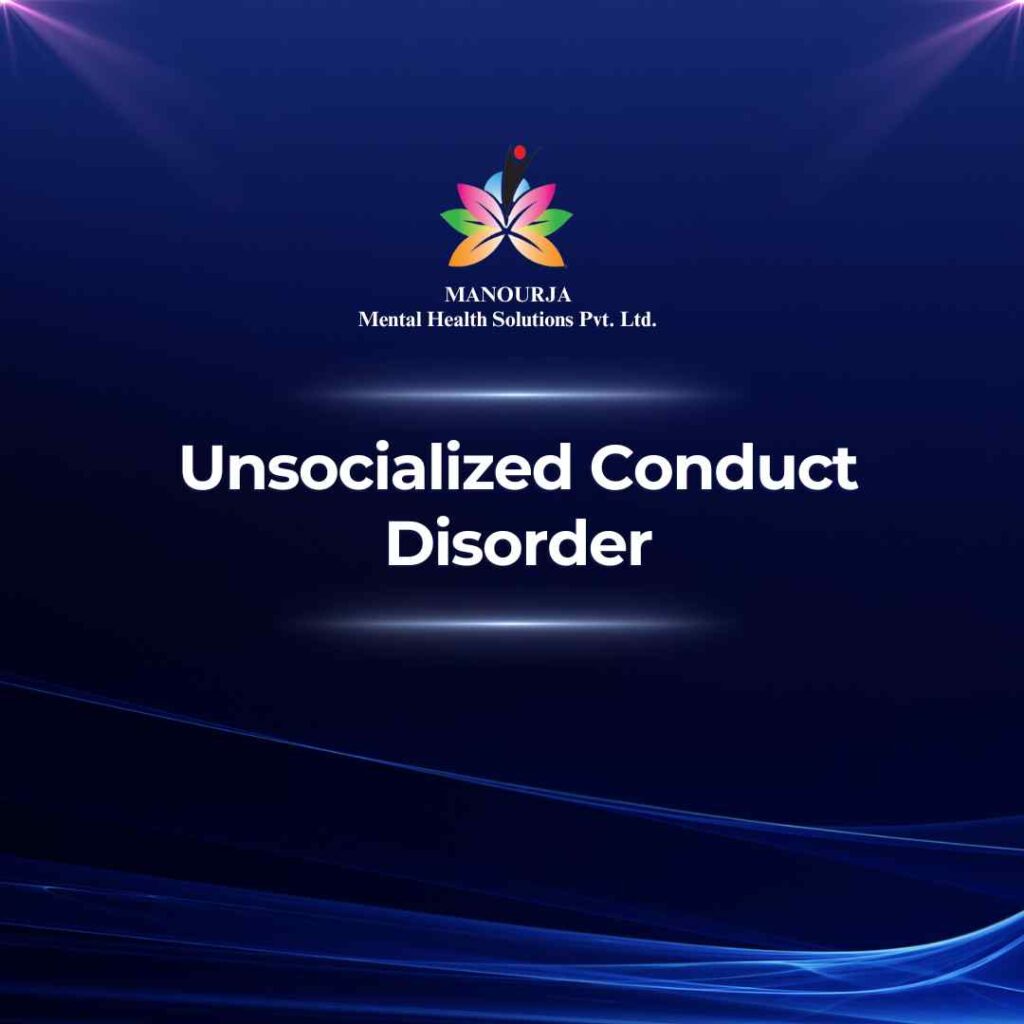Unsocialized Conduct Disorder

Unsocialized conduct disorder is a specific type of behavior disorder where a person—typically a child or teenager—shows aggressive and antisocial behavior but doesn’t really form close relationships, even with those who might share their disruptive behaviors. Unlike other conduct disorders where the individual might still have a few strong personal connections, those with unsocialized conduct disorder often find it difficult to connect with others on any meaningful level.
Key Symptoms
- Aggression and Violence: This can be one of the more visible signs. Kids or teens might get into fights often or be cruel to animals or younger children.
- Social Isolation: Even though they might be part of a group, their relationships tend to be superficial. They don’t usually have close friends and feel disconnected from others.
- Persistent Rule-breaking: Whether at home, school, or in the community, they consistently break rules. This could be anything from skipping school to vandalism.
- Lack of Remorse: They typically show little guilt or remorse for their actions, which can be distressing to those around them.
Forms of Unsocialized Conduct Disorder
- Severity Levels: Like many disorders, the severity can vary. Some might display milder forms of antisocial behavior, while others might be involved in more severe activities.
- With or Without Other Disorders: Often, unsocialized conduct disorder can overlap with other issues like ADHD, anxiety, or depression, complicating the diagnosis and treatment.
Treating Unsocialized Conduct Disorder
Addressing this disorder is complex and requires a robust, comprehensive approach:
- Multi-Systemic Therapy (MST): This therapy is quite intensive and looks at the various environments the child interacts with—such as family, school, and the neighborhood—to find ways to improve behavior across all areas of life.
- Cognitive-Behavioral Therapy (CBT): This aims to help the individual recognize the consequences of their actions and develop better impulse control and problem-solving skills.
- Parent Management Training (PMT): Parents learn strategies to effectively manage their child’s behavior, which includes setting clear expectations and consistent consequences.
- Social Skills Training: Since forming healthy relationships is a struggle, this therapy focuses on teaching the individual how to interact appropriately and build positive relationships.
- Medication: While there’s no specific medication for conduct disorder itself, if there are overlapping issues like ADHD or anxiety, medication for those conditions can sometimes help manage some problematic behaviors.
- Educational Support: Working with educational institutions to support the child’s learning and address behavioral issues in the school setting is also crucial.
The journey to manage unsocialized conduct disorder is challenging and requires patience and a commitment from a network of support including family, therapists, and educators. Early and proactive treatment can help improve outcomes significantly.
At MANOURJA, we believe in the transformative power of counseling. Our experienced therapists offer a safe and supportive space where you can explore your thoughts, emotions, and challenges. Through personalized counselling sessions, we’ll work together to develop coping strategies, build resilience, and achieve lasting positive change. Discover the path to a healthier, happier you with MANOURJA counselling services.
MANOURJA Rehabilitation Services
At MANOURJA, we’re dedicated to helping you in rebuild your life, after difficult times. Our rehabilitation services focus on understanding what you need to move forward, whether you’re recovering from addiction, trauma, or any psychological – social challenges. We create personalized plans, that are all about helping you, regain your strength and find hope again. With a caring team by your side, you’ll have the support to make real progress and take steps toward a brighter, healthier future.
